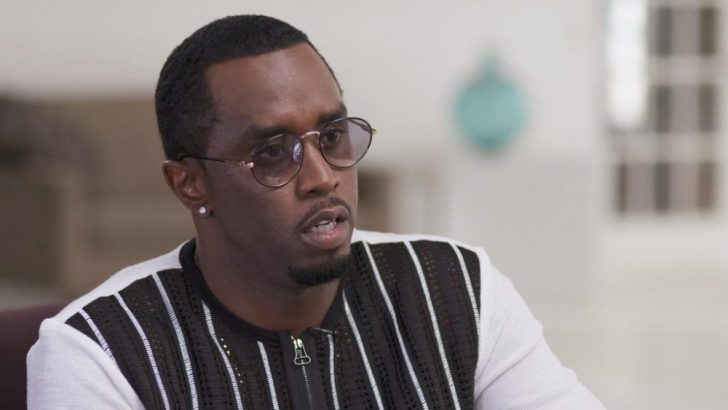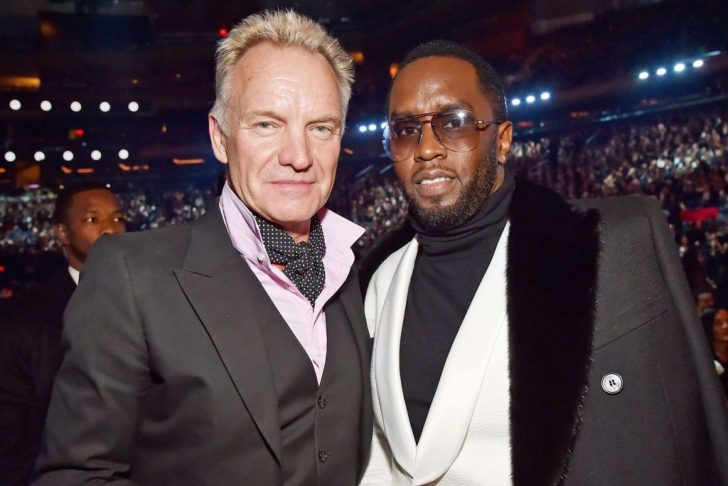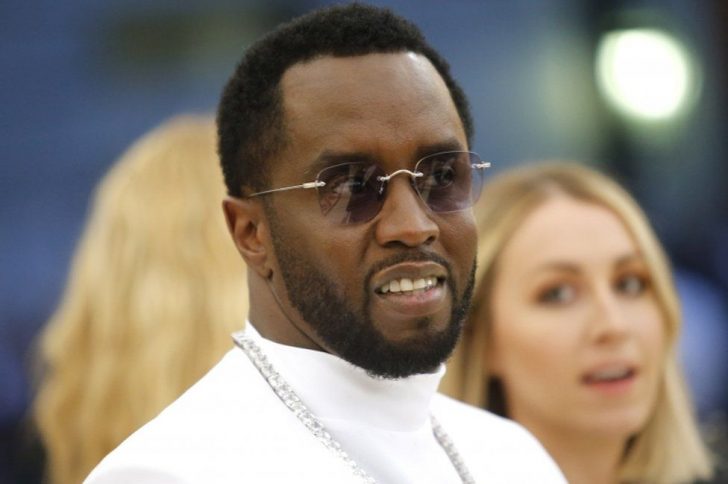When it comes to sampling music, Sean “Diddy” Combs is a seasoned pro. The hip-hop mogul recently revealed that he pays Sting a whopping $5,000 per day for the rights to sample his song “Every Breath You Take” on Diddy’s 1997 hit song “I’ll Be Missing You.”
The two singers are now reportedly very good friends. But that was not always the case. When Diddy initially used Sting’s song without permission, their relationship was strained.

However, the situation eventually de-escalated, and they were able to come to an agreement about how much money Diddy should pay for the sample. And when asked if he would be paying Sting for the rest of his life, Diddy replied in the affirmative.
Sampling Songs & Sean Diddy
This is not the first time Diddy has sampled music for one of his songs. He has also used samples from other artists, such as Notorious B.I.G., Jay-Z, and Lil Kim, to create some of his most iconic tracks. But it looks like he will be paying out Sting’s $5,000-a-day rate for as long as their agreement remains in effect – quite a hefty chunk of change.
It is always interesting to hear stories about how successful musicians sample each other’s work. And this story is no exception. Although it started off on the wrong foot, Diddy and Sting eventually came to an understanding that would benefit both parties, and it looks like their friendship will last a lifetime.
So. the next time you hear “I’ll Be Missing You” by Diddy, just remember that Sting is the one collecting a hefty royalty check for its use!

Is Sampling Songs Legal?
Sampling songs is a common practice among musicians today, but it can be a tricky legal issue. Generally speaking, if a musician samples another’s song without permission, in most cases, it would be considered copyright infringement.
As a result, the owner of the original song would have the right to take legal action against them. However, there are certain exceptions when sampling an existing song is allowed.
For instance, the U.S. Copyright Act allows for “fair use,” which means that limited use of copyrighted material can be used without permission as long as it is for transformative or educational purposes and not for commercial gain.
In addition, many artists can choose to obtain licenses from copyright holders in order to legally sample someone else’s work.

This usually involves licensing fees and other payments to the original artist or their estate, depending on how much of the sampled material is being used. In some cases, sampling music may also not require permission if both artists agree to collaborate on a new track together.
Other times, musicians might buy exclusive rights from the original artist to keep their tracks away from other potential samplers. It all depends on what works best for both parties involved and what is legally permissible according to copyright laws.
Ultimately, when it comes to sampling songs legally, it is important for artists to do their research and ensure that they are following all applicable laws before they start using someone else’s music in their own creations. That way, they can avoid any costly legal issues down the road.




